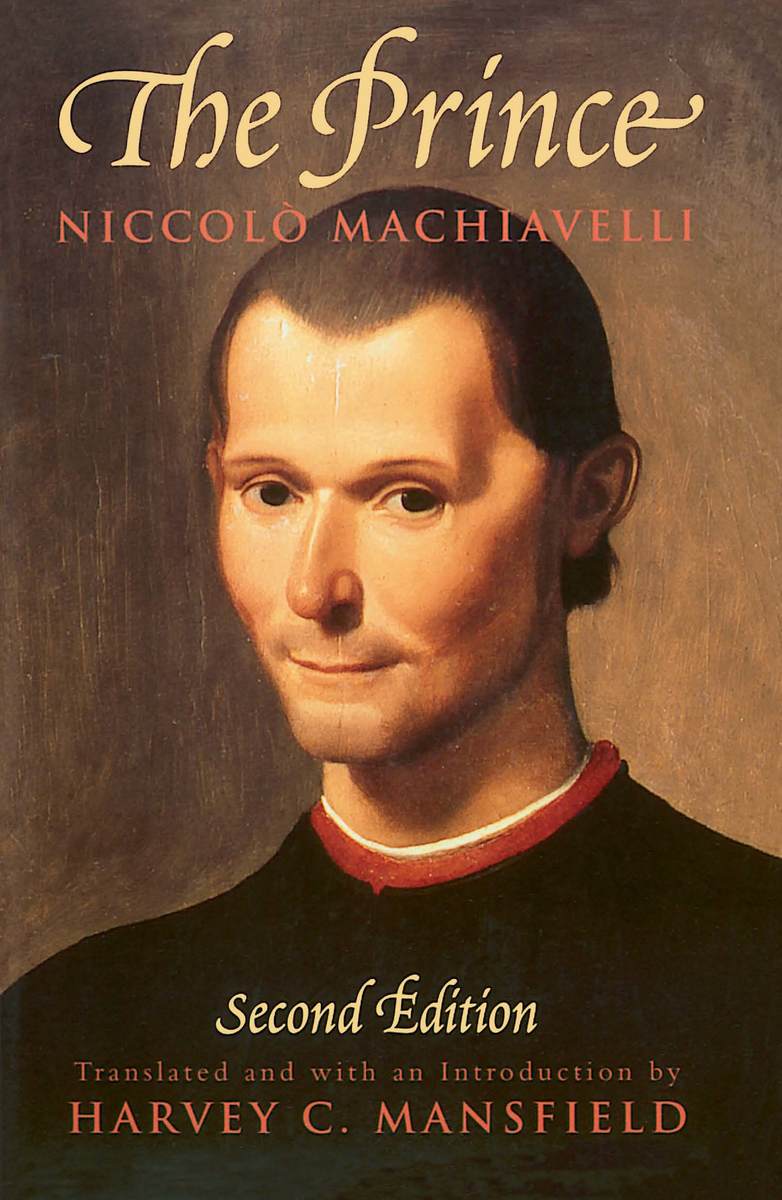

The Prince starts by describing the subject matter it will handle. The subject matter: New Princedoms (Chapters 1 and 2) Machiavelli prefaces his work with an introductory letter to Lorenzo de' Medici, Duke of Urbino, the recipient of his work. It can be summarized as: Letter to Lorenzo de' Medici, Duke of Urbino

The work has a recognizable structure, for the most part indicated by the author himself. In its use of near-contemporary Italians as examples of people who perpetrated criminal deeds for politics, another lesser-known work by Machiavelli to which The Prince has been compared is the Life of Castruccio Castracani.Įach part of The Prince has been extensively commented on over centuries. In subject matter, it overlaps with the much longer Discourses on Livy, which was written a few years later. It even contributed to the modern negative connotations of the words " politics" and " politician" in Western countries. Īlthough it is relatively short, the treatise is the most remembered of Machiavelli's works, and the one most responsible for bringing the word "Machiavellian" into usage as a pejorative. It is also notable for being in direct conflict with the dominant Catholic and scholastic doctrines of the time, particularly those concerning politics and ethics. The Prince is sometimes claimed to be one of the first works of modern philosophy, especially modern political philosophy, in which the "effectual" truth is taken to be more important than any abstract ideal. This is partly because it was written in the vernacular Italian rather than Latin, a practice that had become increasingly popular since the publication of Dante's Divine Comedy and other works of Renaissance literature. Īlthough The Prince was written as if it were a traditional work in the mirrors for princes style, it was generally agreed as being especially innovative.

This was carried out with the permission of the Medici pope Clement VII, but "long before then, in fact since the first appearance of The Prince in manuscript, controversy had swirled about his writings". However, the printed version was not published until 1532, five years after Machiavelli's death. įrom Machiavelli's correspondence, a version appears to have been distributed in 1513, using a Latin title, De Principatibus ( Of Principalities). The general theme of The Prince is of accepting that the aims of princes – such as glory and survival – can justify the use of immoral means to achieve those ends. The Prince ( Italian: Il Principe Latin: De Principatibus) is a 16th-century political treatise written by Italian diplomat and political theorist Niccolò Machiavelli as an instruction guide for new princes and royals.


 0 kommentar(er)
0 kommentar(er)
